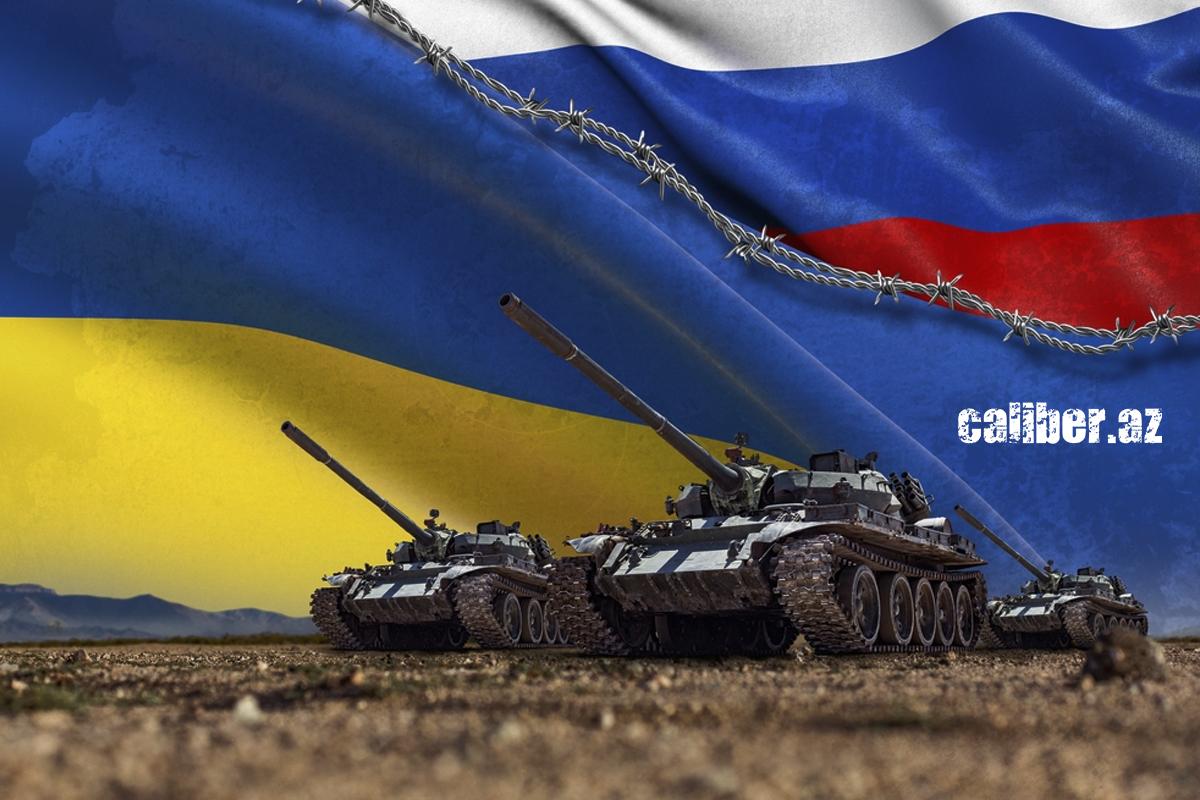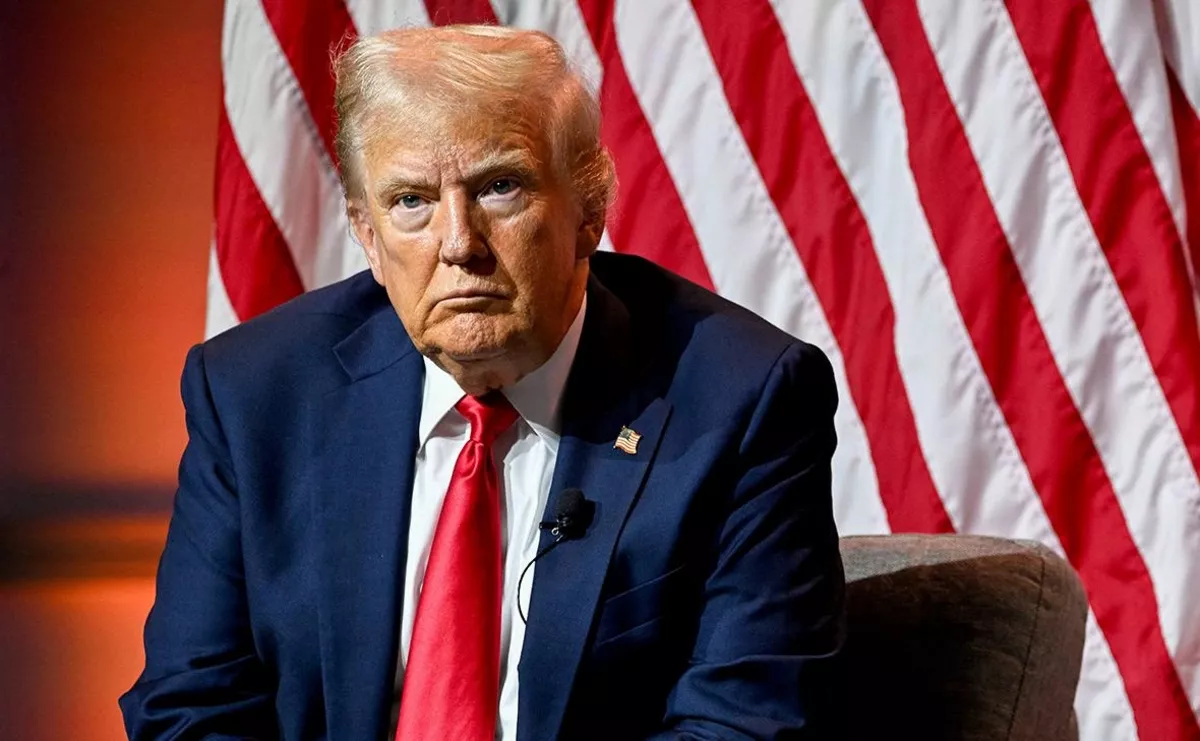Exhausted diplomacy Trump shortens the deadline
The ongoing Russian-Ukrainian war has sparked a new development. U.S. President Donald Trump announced that he is disappointed in Russian leader Vladimir Putin. Of course, that in itself is not news. However, the American president went on to say that he will shorten the 50-day deadline he had given the Russian president to resolve the conflict. “I'm going to make a new deadline of about ... 10 or 12 days from today. There's no reason in waiting,” the U.S. president said following his meeting with British Prime Minister Keir Starmer. Now that is certainly newsworthy.
The first thing that comes to mind is to link this adjustment—or rather the announcement of it—with the advance of Russian forces: they are surrounding Myrnohrad and assaulting Pokrovsk, which has been the main strategic objective for about a year and a half. Its capture threatens to give Russian troops access to the operational space. In that case, the imminent imposition of sanctions is likely intended to slow the Russian advance.

Russian experts, even when Trump first announced his ultimatum, argued that his threats—including sanctions against Russia’s trading partners and increased arms sales to Europe—were unlikely to be implemented or have any real impact. The U.S., they said, would not want to jeopardise its relationship with India, which is vital to its anti-China strategy, and European countries are not prepared to make large-scale purchases of American weapons. By this logic, the ultimatum is merely a PR manoeuvre aimed at signalling to American hawks and Ukraine-supporting voters that Trump stands with Kyiv.
If that’s truly the case, then shortening the deadline is likely just another gesture toward Ukraine and its European partners—essentially saying, “I’m doing everything I can.”
Another possible reason for this move is the desire to break the original temporal link between the ultimatum’s deadline and the 80th anniversary of the end of World War II, set to be commemorated in Beijing on September 3. Most likely, Trump has decided to attend the event and wants to ensure that, by then, he has already presented a fait accompli—allowing him to appear at the parade as the one setting the terms, rather than someone left waiting.
And of course, one cannot rule out that Trump’s impatience and frustration grew after the recent third round of talks between Russia and Ukraine in Istanbul, which made it clear that the two sides remain far from reaching an agreement.
Kyiv rejected short-term ceasefires while insisting on a presidential-level meeting and a 30-day pause in hostilities. Moscow, for its part, sees no reason for a high-level summit at this stage, believing such a meeting is only possible once concrete agreements are reached—that is, once Ukraine agrees to address the “causes” of the war, in other words, to make unilateral concessions to Russia’s demands.
Under these circumstances, it’s not hard to imagine Trump asking: “Why bother meeting at all?”

Moscow is likely simply signalling to Washington that it is not opposed to negotiations. There is, of course, something sadistic about this—because it all feels like a mere formality meant not to appease Trump but to further enrage him.
Putin’s apparent willingness to meet with Zelenskyy—something previously ruled out—thus resembles the old saying, “when pigs fly,” as it is clear the current Ukrainian president will not agree to attend a meeting where he is expected to sign an act of surrender.
Meanwhile, Washington itself seems to be in a pessimistic mood regarding the timing of a possible ceasefire. U.S. President’s special envoy to the Middle East and Ukraine, Steve Witkoff, recently spoke of a “gravity of hope” following the de-escalation in the Middle East, which he hopes will draw Ukraine into its orbit and help bring an end to that conflict as well. Witkoff noted he would be glad if both wars could be resolved before the end of Donald Trump’s presidential term.
The situation remains a deadlock for diplomacy, which means the war will go on. Still, change tends to accumulate slowly, but erupt suddenly. Who knows—perhaps that sudden shift will come within Trump’s now-shortened ultimatum window? That goes for both warring sides.








